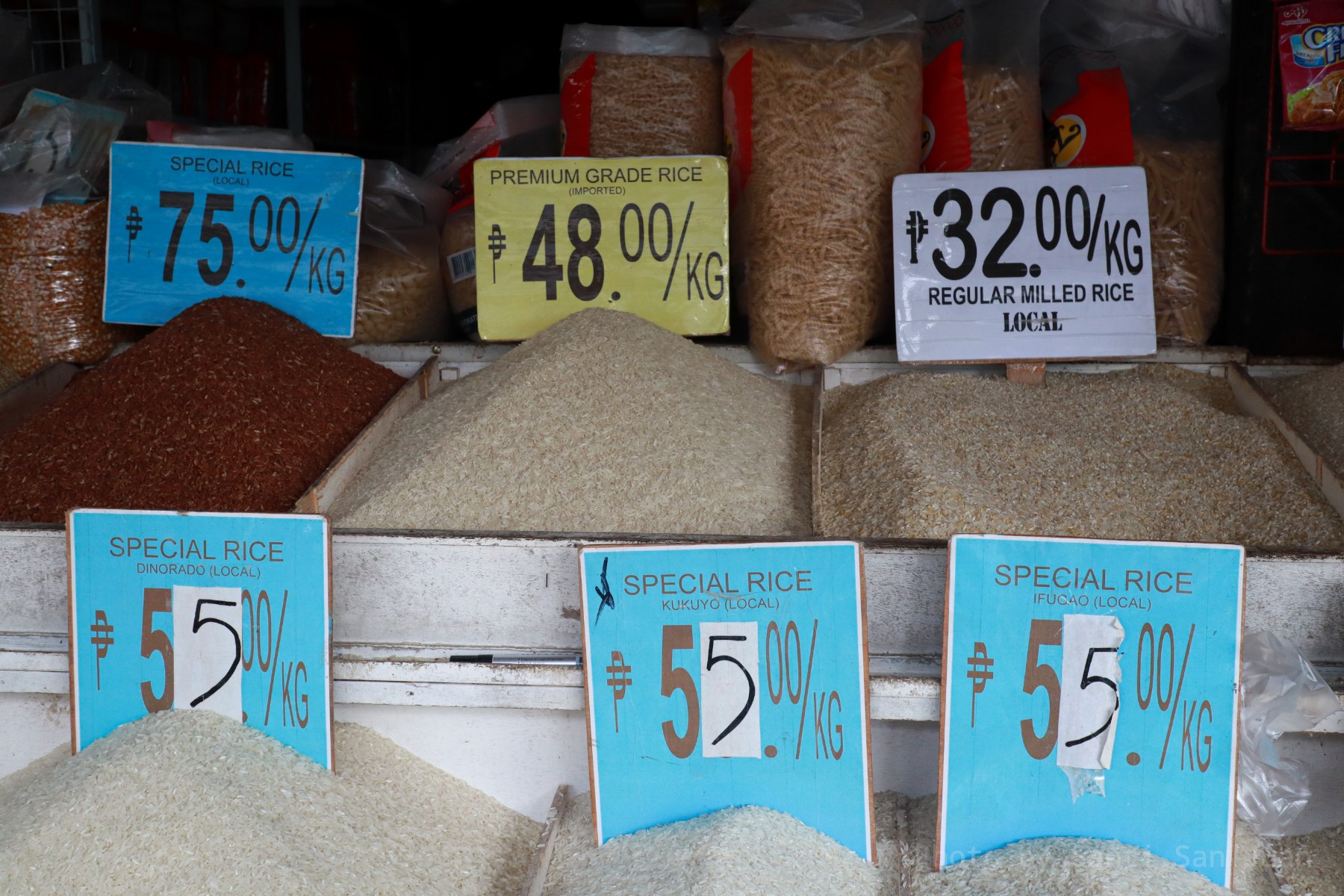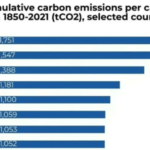President and Agriculture Secretary Bongbong Marcos Jr. is reliving all the nightmares that the country has been through under his father Ferdie Sr. In response to the worsening food crisis and hunger problem, Marcos Jr. is proposing to introduce a Food Stamp Program and is seeking the help of the Asian Development Bank.

“Please do not treat Filipinos as beggars seeking for alms. Bigyan naman natin ng dignidad ang ating mamamayan. Nagugutom na nga ang karamihan, ituturing pang parang pulubing namamalimos ng pagkain. Malala ang problema ng kagutuman at hindi ito masusulusyonan lamang food stamps. Kaya nitong masagot ang isa o dalawang beses na pagkain ng isang pamilya pero paano ang kinabukasan at pangmatagalan?. Trabaho, kabuhayan, ayuda at abot-kayang presyo ng pagkain ang dapat,” asked KMP leader Danilo Ramos.
Historically, food stamps were introduced to distribute excess farm commodities during the Great Depression. The Food Stamp Program or the Supplemental Nutrition Assistance Program is an ongoing federal nutrition assistance program in the United States. Other countries also have their food stamp programs.
“Reviving the distribution of food stamps or food coupons only amplifies the government’s sheer incompetence in addressing the food crisis. On the other hand, the Department of Agriculture remains ignorant on persisting on-ground problems and indifferent to the proposed doables and solutions to the food crisis forwarded by food producers and food security advocates.”
Early this year, DSWD Secretary Rex Gatchalian dangled the plan to restore the agency’s food coupon program to “reduce the hunger problem of many poor Filipinos.”
“Sufficient ayuda, wage hikes and lower prices of food will help relieve the massive hunger problem experienced by Filipinos. Giving out food stamps is just the worst of all palliative measures that the government can offer at this point.”
“We know that his intention is well-meaning but coming from a position of wealth and affluence, Secretary Gatchalian may not know how it is to be hungry or how Filipinos hustle every day to have food on their tables. He may think his proposal is grand but he entirely missed the point of the structural causes of the ongoing food crisis.
KMP said local farmers can sustain and support local food production, but only with sufficient state support and agricultural subsidies, affordable food prices must be achieved, workers’ wages should be enough to support living expenses including food, and lastly, policies that allow profiteering out of the food system should be stopped and reversed.
“We are open to discussing with Secretary Gatchalian the proposals on how to mitigate hunger and achieve food security and food self-sufficiency. We must help attain secure, safe, and affordable food for and from the Filipino people. All sectors creating, distributing, and consuming food should have a part in addressing the food crisis,” Ramos concluded.
Hunger is perennial
Surveys stated that more than 3 million families went hungry with nothing to eat at least once from October to December 2022. For the first quarter of 2003, around 2.7 million Filipino families said they experienced hunger. “The actual number of hungry Filipinos could be higher, especially in provinces and far-flung areas where access to aid and social services is scarce.”
According to news reports, a five-year old child from Dipolog City died early this month after his family ate grilled frogs and boiled cassava. “Marami po ang ganyang istorya na walang makain ang mahihirap na pamilya kaya kahit hindi tiyak na ligtas na kainin ay ginagawang pantawid gutom.”
In 2017, hunger conditions in the Philippines declined to “serious”, according to the UN World Food Program. In 2020, 4.2 million families suffered involuntary hunger due to the COVID-19 pandemic. ###



